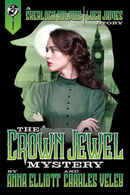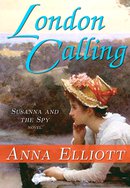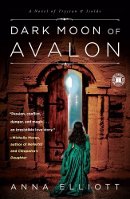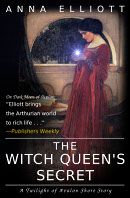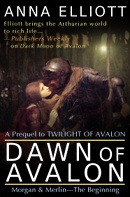| A. |
This is probably the question I hear the most--because we all of us lead busy lives, and without question finding the time and the mental space to write is hard. My own personal strategies and thoughts:
-
Set (manageable) daily goals and stick to them. And these goals can be tiny--really, really small. The important thing is just that you are committed to writing and making progress on your story every day. Now I'm very lucky in that writing is my only job--apart from that other full-time job of being a mom, of course. But when I was in college, struggling to write while keeping my head above water in the midst of a very heavy course load, my daily goal was to simply write one page. That's all. Just a page, every day. So every morning I would get up and no matter what else I had on my plate, I would write that one page. Every single day. Now, the book I finished while still a student wasn't exactly a masterpiece. But by the end of the year, I had finished it--an entire novel. And it was a beginning to build on.
-
Learn to clear your head. This is a tough one, because there are always so many voices in your head--or at least there are in mine--all the time. Voices reminding me about loads of laundry to be done, grocery lists, e-mails to be written, books to be read. But when I sit down to write, I actively try to push all the clamor out of my head and only think about the book. Even if it's only for 20 or 30 minutes--30 minutes can be incredibly productive if you're truly giving your total, undivided attention to the task at hand.
-
Prioritize. I talked about this a bit in my section on writing and mothering, also, but I think it's worth mentioning again here. I try to figure out what absolutely needs to be done and what I can let slide. Basically I try to put my family first, writing second, and then just do my best with everything else--and feel peaceful about the fact that the "everything else" just isn't always going to get done.
-
"Love the writing, love the writing, love the writing... the rest will follow." That's a quote from Jane Yolen, one of my favorite authors. And I think (although this wasn't necessarily her intention) it does speak to the issue of, where do I find the time to write? Writing books is hard, no question. It's not always going to go smoothly or well, and there will be times when you feel like what you're working on is going to be the worst book in the entire world. But try to think of the book in the same way you would your baby, whom you love just as much when she's smearing peanut butter in her hair (not that I am speaking from experience or anything) as you do when she gives you kisses. Let yourself be passionately in love with your story and your characters, and you'll find yourself drawn irresistibly to your computer keyboard, discovering time during your day that you never knew you had.
|


